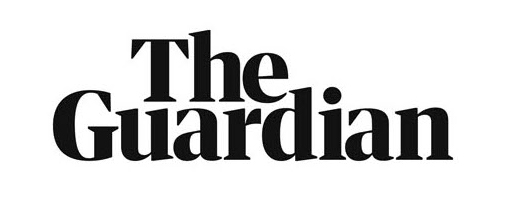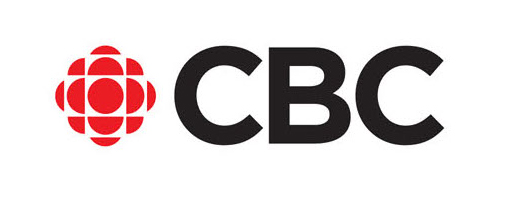What Does the Internet Think of Women?
The achievement of gender equality around the world would have incredibly effects on the global economy. It is no secret that empowering women and girls leads to an economic boost in their community – increased productivity and growth are just a few consequences of gender equality. And yet, women are woefully left behind around the world, and cultural and traditional norms continue to oppress women. Women lack access to medical care, employment, land ownership, and earn considerably less than her male counterpart.
While we may think gender equality only exist in other countries, UN Women’s latest campaign proves us all wrong.
In 2008, the United Nations reported that one in every three women is likely “to be beaten, coerced into sex, or otherwise abused in her lifetime
The United Nations often cites the statistic that women do two-thirds of the world’s work, receive 10% of the world’s income and own 1 percent of the means of production.
Increasingly advanced health technology allows safer pregnancies, but it also allows people in countries such as India and China to abort pregnancies when they discover the baby is a girl. This has led to skewed gender ratios.
Sabrina Rubli













